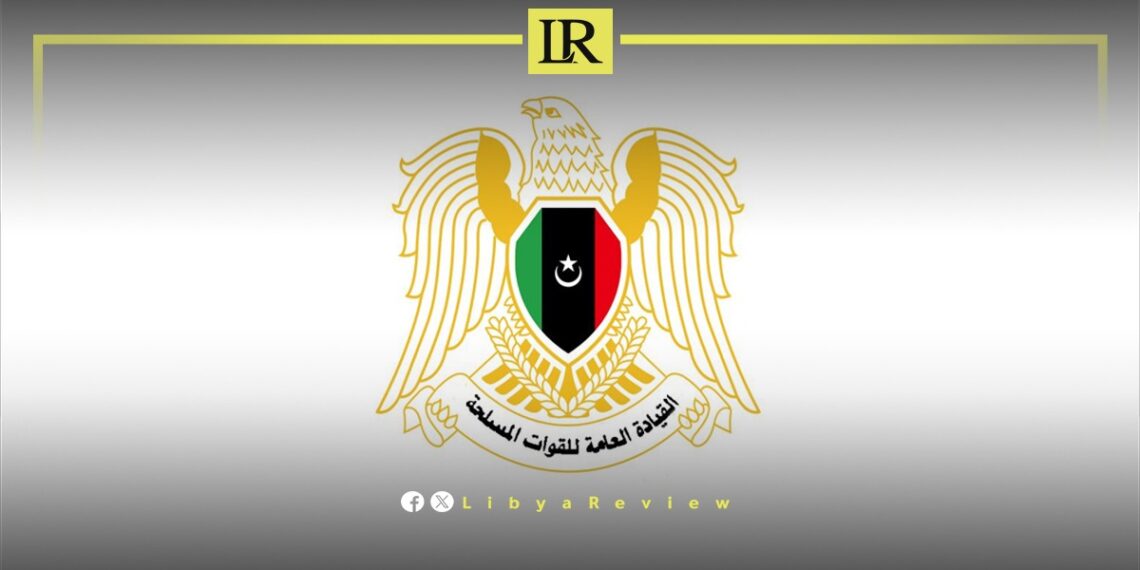The Libyan National Army (LNA) has paused its participation in Libya’s National Reconciliation Project, citing concerns over the Presidential Council’s decision led by Mohamed al-Mnifi. This decision involved retracting the inclusion of martyrs and injured soldiers within the General Authority for the Care of Martyrs’ Families and Missing Persons.
In a public statement, the LNA delegation criticized the Presidential Council for its withdrawal from a commitment deemed crucial for national reconciliation, describing the action as neglectful and undermining the reconciliation process. The delegation has called for the African Union’s intervention to identify a more appropriate collaborator for the reconciliation project, one that remains impartial and unswayed by political biases.
This announcement underscores the LNA’s stance on the importance of recognizing and supporting the families of those who have sacrificed in the nation’s struggle against terrorism. It also comes in the wake of Saif Al-Islam Gaddafi’s political faction withdrawing from the reconciliation initiative in December, protesting against the continued detention of individuals associated with Muammar Gaddafi’s former regime.
Gaddafi’s faction has criticized the Presidential Council for a lack of genuine commitment to reconciliation, pointing to the failure to release former regime affiliates detained since 2011 without formal charges. They argue that the reconciliation process has been marred by a vengeful spirit and a failure to treat all Libyans equally, undermining the prospect of justice.
The preparatory session for the Comprehensive National Reconciliation Conference concluded in December in Sebha, with a decision to hold the main conference in Sirte by the end of April 2024. However, the withdrawal of representatives from both Gaddafi’s faction and the LNA poses a significant challenge to the reconciliation initiative, which seeks to mend divisions and restore trust among Libya’s various political entities amidst ongoing disputes over governance and resources. The Presidential Council now faces the task of uniting these factions to ensure a successful and inclusive reconciliation process.


